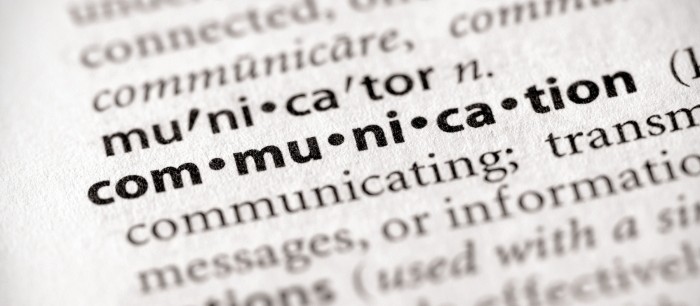So your food truck story made a local or national newspaper or magazine, but something in it is wrong. At least that’s how you may see it when something you’ve said has been used out of context. Or, perhaps there was a fact, date or name that was incorrect. From time to time individuals will ask if we issue media retractions of a story in which they have been quoted. It was out of context, they thought, or they feel it shows them in an unfavorable light. After reviewing the article we assess whether media retractions or even a correction is or is not appropriate.
How To Deal With Media Retractions And Corrections
It can happen to anyone
Remember that having your story appear in the newspaper has added value to you and your mobile food business. We, in the communications industry refer to it as, “earned media”, which means you earned the attention of the media outlet. A staff-generated story is not paid for, which means you have not paid (for advertising) to control the message. Usually you’ll be pleased with the story while there may be sometimes you’re simply not going to be happy. It’s inevitable.
RELATED: Get Your New Food Truck Publicity With Local Media
Media Retractions, defined
Before we look at some helpful ways to manage an awkward situation, let’s define the meaning of media retractions (from the standpoint of the media). The dictionary defines media retractions, in part: “withdraw or revoke (a statement or undertaking).” In other words, when asking for media retractions, it means they have to admit responsibility for any and all errors. It’s the means by which the media admits their mistake and takes back what they published so the public will see their error wasn’t purposeful.
Stepping back for a moment, let’s not confuse media retractions with media corrections. Newspapers are usually willing to print corrections when the facts, as presented in the original story, are proven to be inaccurate. William Safire once wrote, “A ‘correction’ is a retraction without all the nervous groveling. It deals with facts rather than judgments; in journalistic usage, a ‘correction’ sets right an inaccuracy.”
What do editors think?
To no surprise most editors or news directors consider each request on a case-by-case basis. They publish corrections or clarifications only if they are able to verify that an article they’ve published contains information that is factually inaccurate.
In our unscientific research, media retractions do not occur too often. Corrections, however, are more common due in part to our 24/7-news cycle and the social media culture. There is a tendency, especially if you’re a well-known member of the community who has a relationship with the reporter, to speak more informally during an interview and as a result, you may say something in a way that wasn’t intentional and could be taken out of context by the public.
Asking for a correction from a reporter who gets it wrong can be a tough assignment, but it must be done.
Advice on how to ask and receive media retractions:
- Make sure your facts are correct. There’s nothing worse than bringing an error to light if you’re even a bit off the mark. Keep emotion and tone out of the request. Even if people are upset by an error, 99.9 percent of errors are made without intent.
- Ask politely. Most reporters like to get their news straight up and without a twist. A good reporter will correct an error ASAP.
- Track down all of the sources. If the original story with an error is picked up and shared by wire services, such as The Associated Press, or by news gathering partners, the original error continues to repeat in a variety of places. You need to track all sources down for corrections.
- Be insistent. An error is an error. Placement, tone and where your quote lands in an article do not constitute an error. Be straightforward in your appeal and point out what makes the story off.
- Take next steps if necessary. If you are unable to receive a correction as requested, make sure you understand your options and next steps. That could mean requesting an op-ed piece in print or dealing with a much higher level contact at a news outlet.
Have you had a story misquote you or misspell your name or food truck? We’d love to know how you handled it, if you handled it at all. Share your story in the comment section, our food truck forum or social media. Facebook | Twitter




